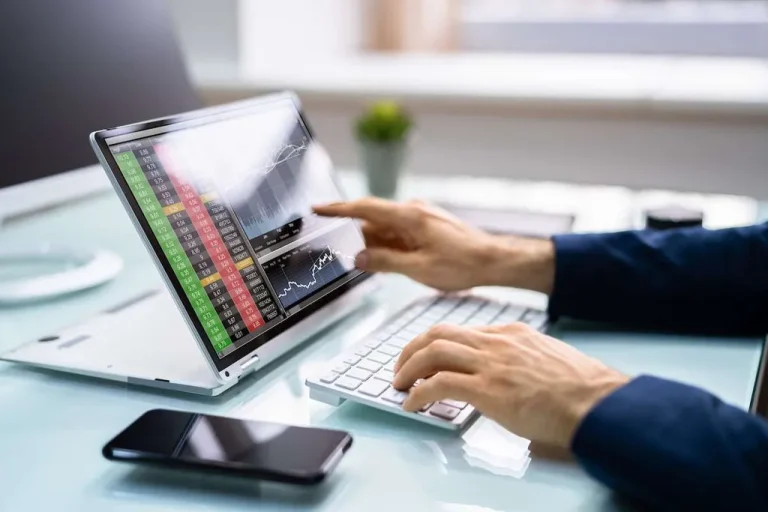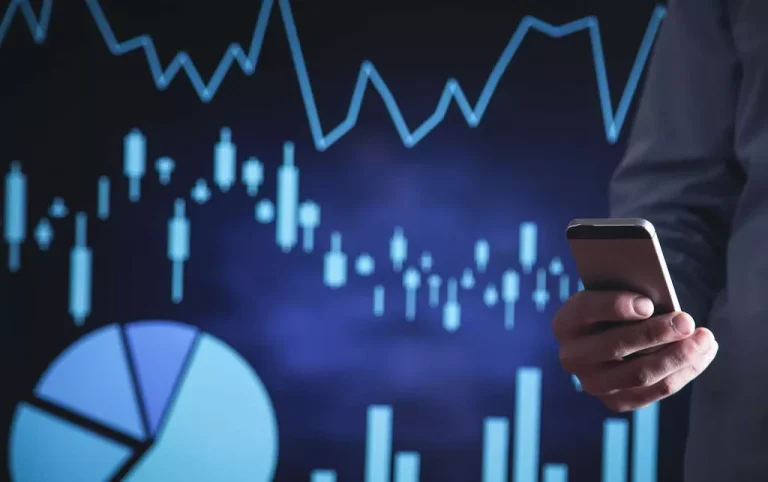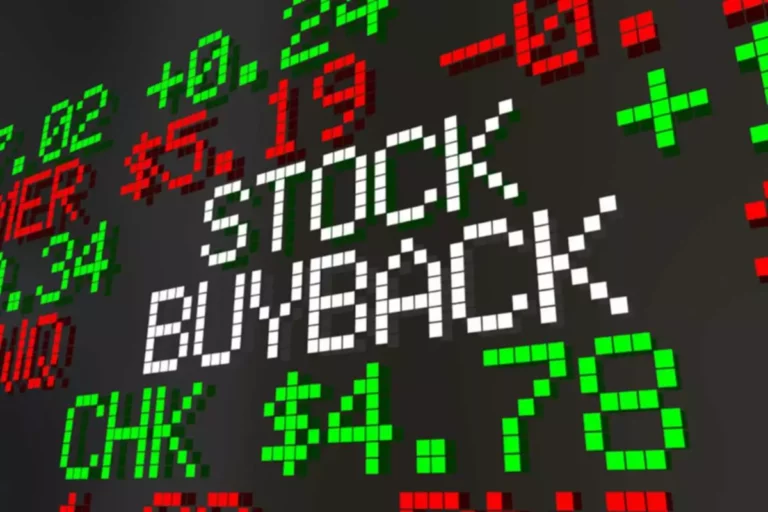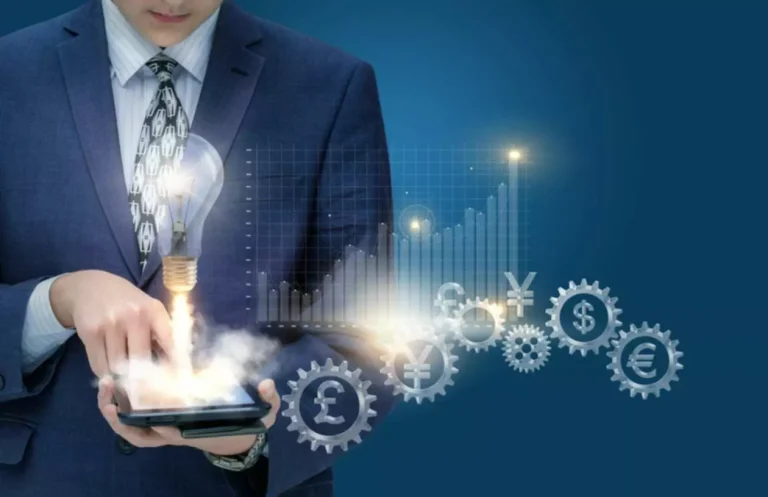As of March 2024, the whole market cap of RWA coins exceeds $8.four billion, according to Coingecko. The tokenization of real-world belongings is revolutionizing the way we understand and work together with physical property real world assets crypto. By converting these assets into digital tokens, companies can unlock new avenues for liquidity, transparency, and effectivity. The firms listed above are at the forefront of this revolution, offering progressive and complete solutions for the tokenization of various asset sorts. SevenBits offers comprehensive asset tokenization providers designed to rework how property are managed and traded.
Stay Up To Date On The Newest Chainlink News
The investor may theoretically be earning a high APY on the Gold whereas holding onto the token. The tokenization of bodily property has added one other real-world use to blockchain technology. One can tokenize any real-world object, permitting it to become a totally tradable asset just like a cryptocurrency. NFTs have led the tokenization cost by creating NFTs that correspond with a tangible object on the planet. In the context of the crypto business, the term RWA (Real-World Assets) refers to any asset that initially resides off-chain (i.e., not on the blockchain). This contains each bodily belongings (such as oil, gold, and real estate) and electronically issued assets (bonds, carbon credits, ETFs).
Be Part Of Our Free E-newsletter For Day By Day Crypto Updates!
- The recent upswing within the cryptocurrency market has directed a substantial amount of wealth, which helped within the improvement of a powerful worldwide decentralized framework.
- As we move into 2024–2025, these high 10 RWA tokenization companies are poised to paved the way in transforming asset administration and investment.
- In the present small RWA market, finding a buyer at a good worth could be difficult, unless we’re talking about commonplace property with substantial trading volumes, like Treasury bonds.
- Additionally, Curve’s isolated lending pools which would possibly be presently beneath audit will enable customers to mint crvUSD with FXB collateral.
Real property and monetary assets (including equities, bonds, investment funds) are likely to dominate the tokenized market because of the sheer dimension of the underlying markets and the high prevalence of use circumstances. As mentioned, FXBs can be utilized to raise funds that assist Frax Finance in any capability. For instance, they can be utilized to help the off-chain to on-chain RWA procedures of the protocol.
Advantages Of Tokenizing Real-world Assets

In exchange for being a liquidity supplier, the DAO receives LP tokens representing its deposit. The coupon entitles them to benefits, such as the charges generated by the users swapping the belongings in the pool. Maple Finance is a decentralized corporate credit market built on-chain to allow institutional borrowers to access undercollateralized loans via its lending pools managed by accredited pool delegates. With Maple, institutional borrowers get entry to undercollateralized loans whereas empowering lenders with sustainable yields for their property.
Investor Safety And Safety Issues
Finally, real-world asset tokenization primarily based on blockchain improvement is an important second in finance and possession. This comprehensive information highlights the varied environment, including the philosophical underpinnings, technological complexities, and practical applications of asset token creation. The developing tendencies and advances on this area provide more accessibility, transparency, and efficiency. However, concerns like as safety threats and regulatory difficulties necessitate cautious thought. Successfully managing these components assures a future during which real-world asset tokenization challenges existing frameworks, creating new possibilities for investors and altering world monetary ecosystems. Ondo Finance (ONDO) stands at the forefront of the Real World Asset (RWA) tokenization motion, providing progressive options that bridge conventional finance with decentralized finance (DeFi).

By providing interoperability and creation of new financial merchandise, Digital asset tokenization provides seamless switch and integration of different belongings on the digital platform in blockchain. It is anticipated to disrupt practically each business and sector of our modern society – from investing and asset administration, by way of manufacturing to actual estate and even artwork. We conservatively estimate that the entire market value of tokenized assets will significantly exceed USD 10 trillion by 2030.

Blockchain can track the motion and possession of products throughout the availability chain in real-time. This transparency allows individuals to confirm product authenticity, establish potential bottlenecks, and scale back the danger of fraud. Tools and protocols such as Polkadot, Cosmos, and Chainlink enable totally different blockchains to speak and share knowledge seamlessly. This interoperability allows RWAs tokenized on one blockchain to work together with functions and services on another.
Securitize primarily makes use of the Ethereum blockchain but is blockchain agnostic, which means it may possibly work with numerous blockchains. TokenFi is designed as a user-friendly platform to simplify the creation and tokenization of Real World Assets (RWA) with out the need for coding. It targets the burgeoning RWA market, which is anticipated to grow to $16 trillion by 2030, offering tools for launching ERC20/BEP20 tokens, among other functionalities. Through features like the TokenFi Token Launcher, Generative AI for NFTs, and a suite of instruments for direct connections with market players, TokenFi facilitates seamless entry into the DeFi ecosystem.
A good portion of the world’s wealth is tied up in illiquid assets due to various components. These embody the excessive ticket measurement, which makes them less inexpensive for the mass investor, the challenges in fractionalizing these property, regulatory obstacles, and complex user journeys that hinder easy accessibility for buyers. MakerDAO, certainly one of Ethereum’s oldest and most established DeFi protocols, has made vital strides in adopting RWAs into its DeFi ecosystem.
The rise of skilled auditing companies specializing in blockchain safety has led to more strong and safe good contracts, decreasing the chance of vulnerabilities and exploits. Software growth companies play an important role in building and maintaining RWA platforms. They present the technical expertise required to develop secure, scalable, and user-friendly purposes that facilitate the tokenization and management of RWAs.
The European Investment Bank (EIB) issued a EUR 100m digital bond on a blockchain platform in April 2021 in collaboration with major monetary establishments. This digital bond issuance course of, together with registering and settling, was entirely performed on the blockchain, showcasing the effectivity of RWA real-world assets tokenization. Franklin Templeton launched the Franklin OnChain U.S. Government Money Fund in October 2023.

A low-cost yet fast-paced blockchain network with the flexibility to cross border transactions, Avalanche creates and transfers tokenized assets – making it extremely necessary to hold out seamless transactions. Compared to conventional asset ownership and switch insurance policies, real-world asset tokenization reduces time and value. This streamlined means of tokenization reduces administrative overheads, micro-management, and so on bringing effectivity to operations. RWAs have the potential to improve crypto-native DeFi protocols, merchandise, and services (albeit with the risks noted).
The pilot used forked permissioned variations of the Aave lending protocol and Uniswap exchange operating on the general public Polygon mainnet. We are still in the early days of RWAs on public blockchains, however none of the above challenges are insurmountable. Continued industry collaboration, throughout each DeFi and TradFi, will chip away at these limitations over time to find a way to ultimately arrive at a viable solution for onchain finance.
Unlike conventional investments, tokenized property might not have established investor protection mechanisms, posing a higher threat of fraud. Additionally, the digital nature of RWA tokens and RWA crypto tokens makes them vulnerable to cyber threats, together with hacking and technical malfunctions. JPMorgan has been at the forefront of RWA tokenization, launching the Tokenized Collateral Network (TCN) in October 2023. This blockchain-based innovation transforms traditional belongings into digital tokens (RWA tokens), enhancing on-chain settlements.
Read more about https://www.xcritical.in/ here.

Leave a Reply